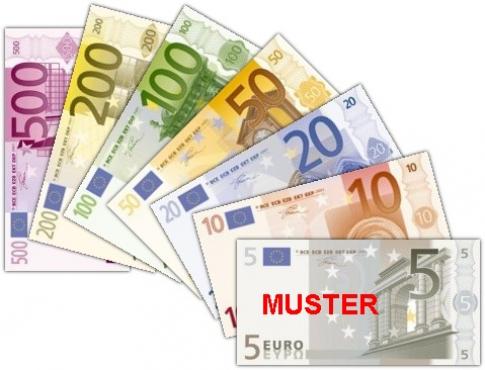EU financial overview met with caution

The plans for reforming the Markets in Financial Instruments Directive (Mifid), released on Wednesday by the European Commission, include new rules on the trading of shares, bonds and derivatives.
By Philip Stafford in London and Nikki Tait in Brussels
Europe’s internal markets chief pledged to introduce tougher rules and more transparency as he formally unveiled Brussels’ plans for a sweeping regulatory overhaul of the EU’s financial markets.
Michel Barnier, European Union internal market commissioner, said he wanted “more secure” and “more transparent” financial markets, and “good supervision” of commodities.
The plans for reforming the Markets in Financial Instruments Directive (Mifid), released on Wednesday by the European Commission, include new rules on the trading of shares, bonds and derivatives.
Private trading systems run by banks would have to be redesigned as formal trading venues, with prices posted publicly at the end of each day. Other issues the review will deal with include super-fast trading systems, or so-called “high-frequency” trading. Those involved in HFT will have to be authorised as an investment company, once certain “quantitative thresholds” are defined.
Algorithms, or the computer programmes used by HFT firms, will have to be explained to regulators, while over-the-counter derivatives should largely be traded on exchanges, the Commission has proposed.
The size and scope of the Mifid review has been likened to the Dodd-Frank reforms unveiled in the US in the wake of the financial crisis. Mr Barnier said that Mifid covered about half the scope of Dodd-Frank.
The Commission is also suggesting tighter rules on so-called “dark pools”, broker crossing networks, OTC and commodity derivatives. On commodities, it wants position reporting for all traders on organised trading venues.
EU to crack down on offenders
Brussels is looking at toughening penalties across the European Union for rule breaches in the financial services sector, and could require countries to impose criminal penalties for some offences, writes Nikki Tait in Brussels.
In a second consultation paper released on Wednesday, EU officials said they were worried sanctions varied hugely between countries at present.
For example, penalties in the banking sector range from unlimited or very large fines in half a dozen countries, to less than €150,000 in seven states. In the securities sector, only 18 countries have fines for insider trading and maximum levels range from more than €1m to less than €200,000.
One proposal is that Brussels could set minimum common standards, potentially including a requirement that criminal sanctions be available for more serious offences. These could then be introduced as different pieces of financial services legislation come up for review. This consultation is open until February 19.
..Many of these areas are complex and regulators can expect lobbying campaigns by banks, exchanges and other market players who are worried about protecting their businesses. There are fears that, as a result of the proposed reforms, market structures that have emerged since the introduction of Mifid could be under threat. The Commission’s proposal to force broker crossing systems, which act as an automated version of a broker’s market-making business, to meet the requirements of an exchange is particularly controversial.
“I’m not sure the proposals will leave the retail investor and end client better off,” warned Niki Beattie, managing director of Market Structure Partners, a consultancy. “It could stifle innovation in the space”.
The introduction of Mifid fragmented share trading in Europe. Partly to force exchanges to reduce the overall cost of share trading, many of the world’s biggest investment banks and trading firms have backed rival systems.
These rival systems include independent multilateral trading facilities such as Chi-X Europe or internal trading systems that privately cross client orders, known in the industry as dark pools. US entrants like BATS Europe have added to competition.
Institutional investors have been attracted to dark pools since they enable the trading of large blocks of shares in a more orderly manner. Investors could lose interest in dark pools if they are traded on public exchanges. “There are concerns about whether the detail is properly aligned with these objectives,” said Mark Hart at the Association for Financial Markets in Europe (AFME), a banking lobby group. “Take the OTC market: it is unclear how much of the market the Commission is seeking to move on to organised venues and whether this will be beneficial. One of the few certainties is that it will take choice away from investors.”
Bank executives say that proposals to clamp down on high frequency trading, by turning the biggest traders into investment firms, could also hurt dark pools since they are HFT firms’ preferred venue for execution. “The clear winners will be the regulators. It’s hard to see many other winners,” said Damian Carolan, regulatory division partner at Allen & Overy. “People who operate regulated markets still know where they stand. For other parties it could be much more disruptive.”
Exchanges, which are set for a tussle with investment banks over the finer points of Mifid’s reform, welcomed the proposals. “A lot of very interesting issues are still on the table,” said the Federation of European Securities Exchanges.
This view was echoed by the NYSE Euronext which said regulators have recognised that “the level of opacity in equities trading in Europe is a problem that must be addressed”.Copyright The Financial Times Limited 2010.




 del.icio.us
del.icio.us Digg
Digg

Post your comment